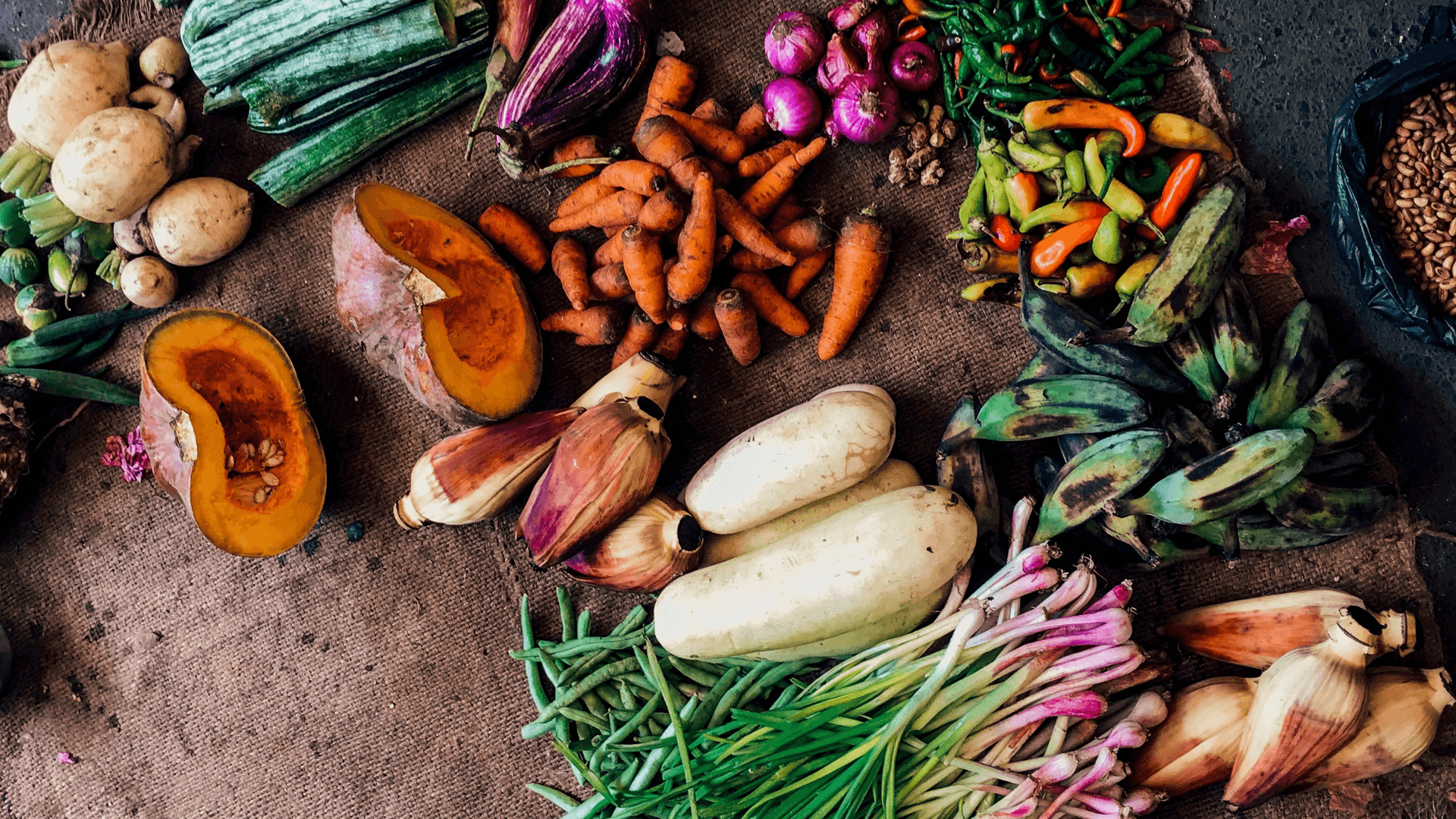It is estimated that approximately 10 million tons of perfectly edible food is thrown away in South Africa every year. This is approximately a third of the food we produce annually, and amounts to R61 billion per year that literally goes into a landfill. Apparently, the energy used to produce this food would be enough to power Johannesburg for four months.
It’s easy to feel overwhelmed and helpless in the face of statistics like these. But instead of letting the problems of the world weigh us down, let’s rather focus on what we as individuals and small businesses can do to reduce our impact.
Start with storage
Prevention is better than cure! The first step on the journey to reducing food waste is to truly value your food. Choose carefully, handle carefully and store correctly. Having an organised fridge and pantry will showcase your beautiful ingredients fully, which I find almost always increases my enthusiasm for cooking. Follow a “first in, first out” policy. Always make sure what was bought first gets used first, and keep items with different dates separately, with the older ones at the front. This will help prevent forgotten food from going out of date in the dark corners of the pantry and carrots from going bendy in the depths of the fridge. Invest in pleasing, stackable and see-through storage containers. This will help with organisation, and keep ingredients fresh and lasting longer.
The first step on the journey to reducing food waste is to truly value your food.
Plan ahead
Before your trip to the shops, meal planning for the week ahead can really save money as well as prevent waste. It’s a good idea to incorporate dishes with overlapping ingredients to make use of items bought in bulk. Planning your menus with the seasons in mind will mean you’re buying the freshest, best quality produce that’s going to last so much longer. Out-of-season produce that has travelled from far afield is likely pretty old before it even reaches your fridge. Unfinished meals from restaurants are also massive food waste offenders. Making conscious dining choices can reduce this.
Download Our Seasonal Guide
To keep track of which fruits and vegetables are in season in South Africa throughout the year, check out our guide
Food on the edge?
Inevitably, there will be times when your ingredients just aren’t looking so fresh anymore. What to do with these? Firstly, get comfortable with the difference between sell-by and use-by dates. “Sell by” generally offers a few more days of leeway than “use by”, as this is just the date after which a shop shouldn’t display the item. While these may not be at their peak quality, it doesn’t mean they should be chucked straight in the bin. Be discerning, without giving yourself food poisoning!
A pleasing habit I’ve got into is being the champion of the underdog and taking home the oddly shaped carrot. Misshapen or less-than-perfect veg is generally left to last on the shelves and often ends up being thrown away.
With these slightly older or imperfect items, think about food preservation techniques. Pickling, fermenting, jamming and drying are all techniques as old as civilisation, designed to keep food for longer than in its original state. These can often give your overlooked veggies or fruit a new lease on life.
Freezing is one of the most effective techniques for preventing food waste. I pre-slice sourdough bread, and toast it straight from the freezer. Stale bread can be cubed for croutons, or blended into breadcrumbs, then stored frozen for a rainy day. Slightly older fruit can be chopped and frozen in preparation for smoothies or bakes. Offcuts of veggies (especially carrots and onions) can be collected gradually to make stock or broth. Labelling is key though, to avoid mystery bags of food languishing in the freezer.
Even if you’ve done your best to avoid getting to this point, some waste is unavoidable.
About 90% of waste food goes into landfills. This is 100% avoidable! Composting food not only prevents methane and CO₂ being released from landfills, it also creates extremely nutrient-rich growing matter for more food production. Composting sounds daunting, but with a little practice, it becomes fairly easy.
Many cities have incredible success stories with urban composting. In 2002, San Francisco aimed to divert 75% of its waste from landfills within 8 years. The city exceeded its first goal two years early, simply by making waste separation mandatory for all households. In South Africa, we are not quite there yet, but there are plenty of companies that will collect recycling at a very reasonable rate, and composting services are being introduced too, especially for restaurants and small businesses. I can highly recommend bokashi bins – they don’t require any more space than a 20ℓ bucket, and there are drop-off points for bokashi waste throughout the country.
And finally, if you’ve exhausted all your other options, give it away before throwing it away. Find a local charity or fellow human in need and keep them in mind if you have extra food.
What all this advice comes down to is practice. Once you get into the habit of planning, consciously reducing, separating waste and composting, they all become a lot easier. And the benefits are huge. From decreasing landfill size and emissions, saving money, improving the soil and reducing packaging waste, a little effort and organisation seems a small price to pay.



0 Comments